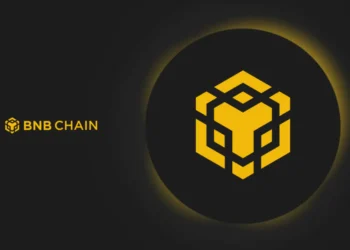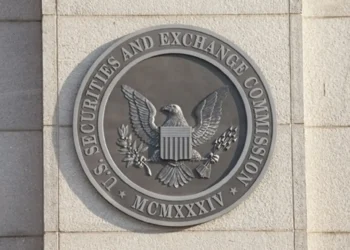The Securities and Exchange Commission (SEC) Nigeria has stepped up efforts to regulate the country’s fast-growing cryptocurrency market, partnering with blockchain intelligence firm Chainalysis in a webinar aimed at combating fraud and strengthening investor protection.
Nigeria ranks second globally in cryptocurrency adoption, with more than one-third of its 220 million citizens mostly under 30 engaged in digital assets. SEC Director General Dr. Emomotimi Agama described crypto growth as both “an enormous opportunity and a major risk,” warning that scams continue to erode public trust.
🇳🇬 We recently hosted @SECNigeria for a compelling discussion on building a trusted crypto ecosystem.
✍🏻 Check out our recap, and discover how Africa’s largest crypto market is leveraging blockchain intelligence to enhance market integrity and drive greater regulatory clarity:… pic.twitter.com/XYfHCNdDqO
— Chainalysis (@chainalysis) August 21, 2025
According to the regulator, Nigerians have lost over 1 trillion naira to Ponzi schemes in the past 25 years, including 1.3 trillion naira in the Cybeg scandal earlier this year. Currently, 79 suspected schemes are under investigation.
In response, Nigeria introduced the Investment and Securities Act (ISA) 2025, its first major regulatory update in nearly two decades. The law formally defines crypto assets as securities, mandates licensing for Virtual Asset Service Providers (VASPs), sets custody standards, and imposes penalties on fraud operators.
Chainalysis highlighted how its blockchain analytics tools are being deployed to trace illicit funds. The firm revealed that $300 million in USDT was siphoned from Nigerians through the CBEC scam, with funds laundered across chains and off-ramped via multiple exchanges. Globally, Chainalysis has helped seize more than $11 billion in criminal assets.
The SEC emphasized a multi-agency approach, working alongside the Central Bank of Nigeria, EFCC, NFIU, police, and national security agencies to tighten oversight.
Commissioner Bola Ajomale stressed that regulation is designed to build confidence, not curb innovation. “We are regulating to help investors trust the system,” he said. The collaboration signals Nigeria’s intent to balance rapid adoption with tighter safeguards, positioning the country as a testing ground for crypto regulation in emerging market.
Notably, Agama recently confirmed Nigeria is open to stablecoin businesses, provided operators comply with the country’s emerging regulatory framework.
If you want to read more news articles like this, visit DeFi Planet and follow us on Twitter, LinkedIn, Facebook, Instagram, and CoinMarketCap Community.
“Take control of your crypto portfolio with MARKETS PRO, DeFi Planet’s suite of analytics tools.”




















